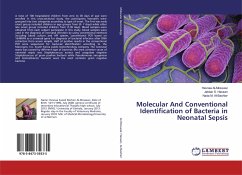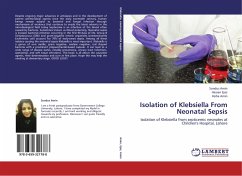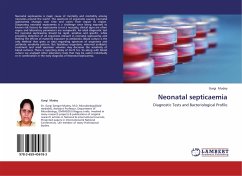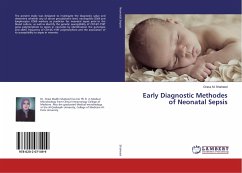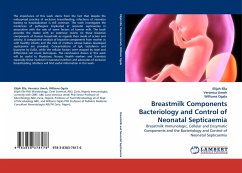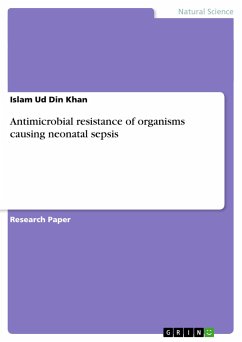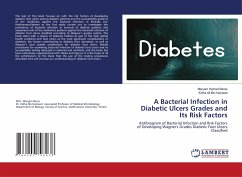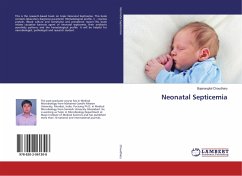A total of 100 hospitalized children from zero to 30 days of age were enrolled in this cross-sectional study, the participants neonates were grouped into two categories according to type of onset. The first was early onset group included children in age groups from (0- 7 days) while other late onset group included children from (7-30 days). Blood samples were obtained from each subject participate in this study, blood samples were used in the diagnosis of neonatal infection by using conventional methods including blood culture and API system, conventional PCR based on 16rRNAN as a universal gene for diagnosis of bacterial infection after DNA extraction from serum sample. Half of positive results in the conventional PCR were sequenced for bacterial identification according to the Macrogen, Inc. South Korea public biotechnology company. The neonatal sepsis was caused by different type of bacteria; the most common cause of neonatal sepsis was Staphylococcus aureus and coagulase negative Staphylococcus of gram positive bacteria while Pseudomonas aeruginosa and Acinetobacter bumanii were the most common gram negative bacteria.
Bitte wählen Sie Ihr Anliegen aus.
Rechnungen
Retourenschein anfordern
Bestellstatus
Storno

